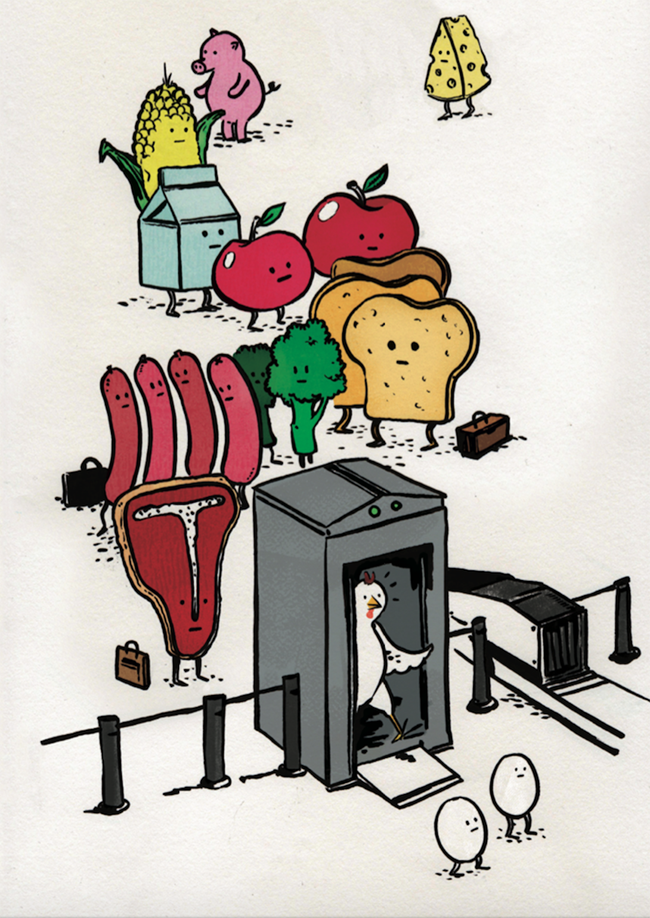ZEITGUIDE TO THE NEXT FOOD FIGHT

If you’re among the millions who poured almond milk on your cereal or soy milk in your coffee this morning, the dairy industry is making a play to win you back. It’s pushing a new bill in Congress, The Dairy Pride Act, that would require the FDA to more stringently enforce which products can be labeled “milk.”
U.S. milk sales have shrunk nearly 10% since 2009, even as sales of plant-based “milk” beverages have more than doubled worldwide. Will consumers give organic 2% another chance if the alternative is labeled pulverized almond meat?
The debate may seem pedantic, but it underscores a larger issue we’re just starting to grapple with. That is, when it comes to food, what is “real” anything anymore?
Owing to advances in synthetic biology, your options soon could include milk created via yeast infused with the DNA of milk proteins. The ensuing product, from San Francisco based synthetic biology startup Perfect Day, is a beverage containing 98% of the same proteins as the moo-cow variety.
Syn-bio startups are racing to perfect the lab methods for creating foods as close to the real thing as possible, including egg substitutes that take away the threat of salmonella, “cultured” hot dogs and meatballs and wines that replicate the most exclusive vintages.
To the layman, this scientific tinkering may sound no different than genetically modified foods. But proponents say comparisons to GMOs are ill-founded. Take the lab grown burger produced by a team led by Dr. Mark Post at Maastricht University, which took muscle-specific stem cells from cows and used them to grow fibers of muscle tissue in a lab. “It is meat grown from the same cells that produce the meat in the cow, but this time outside the cow,” says Post. Taste-wise, such methods are not quite there yet, but some projections slate lab grown meat hitting the market in the next five years or so.
Meat and milk that don’t require cows might offer some benefits to non-vegetarians too. Right now, dairy production accounts for more greenhouse gas emissions than airplanes. The use of antibiotics in meat and dairy production is a major factor in the growing issue of antibiotic resistance and superbugs. And that is before saying anything of the issues of animal welfare raised by meat and dairy production on an industrial scale.
Still, convincing people that food made in this way represents a more ethical and environmental approach is only half the battle. Consider the growing desire for food that is locally sourced, artisanal and authentic—terms that suggest farmers with dirt under their fingernails rather than scientists in white lab coats.
But it’s certainly not hopeless. After all, people do seem to love that pulverized almond meat.
